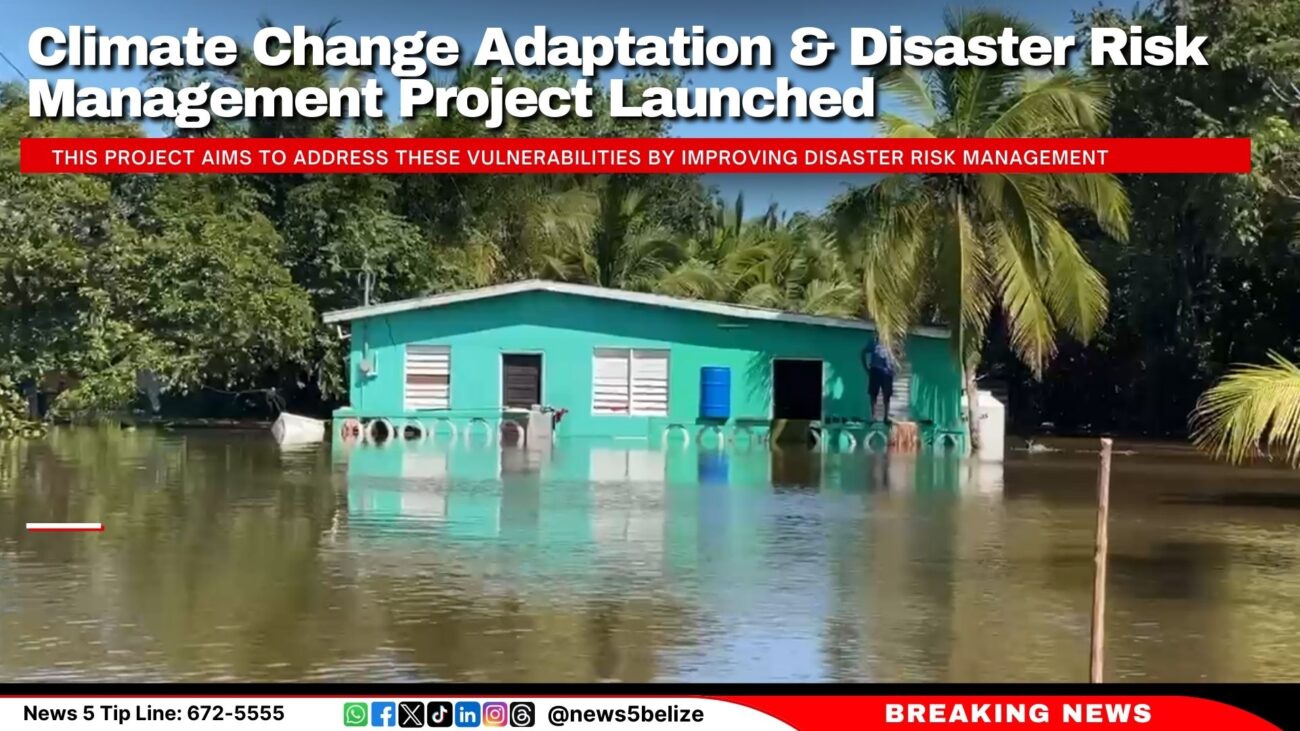Climate Change Adaptation & Disaster Risk Management Project Launched
The Ministry of Blue Economy and Disaster Risk Management (MBEDRM), in partnership with the Food and Agriculture Organization of the United Nations (FAO), has announced the launch of a new project aimed at enhancing the resilience of Belize’s coastal zones and fisheries sector. The “Community Engagement of the Coastal Zone and Fisheries Sector Through Climate Change Adaptation (CCA) and Disaster Risk Management (DRM) Capacity Building” project, valued at USD $200,000, is being funded under the FAO Technical Cooperation Programme (TCP).
Belize’s vulnerability to natural disasters, particularly those exacerbated by climate change, such as hurricanes, droughts, pests, and diseases, has heightened the need for targeted resilience-building efforts. With 57% of the population living within 25 miles of the coastline, where most of the nation’s infrastructure and human settlements are located, the threat posed by climate change to Belize’s coastal communities is significant.
This project aims to address these vulnerabilities by improving disaster risk management, enhancing livelihoods, and increasing awareness of climate adaptation strategies in key coastal communities. Four pilot communities have been selected based on their particular vulnerability to climate change, with potential expansion to the 27 other coastal fishing communities in Belize.
The project has three key outputs:
1. A comprehensive engagement strategy to increase the capacity of national actors and local communities in climate change adaptation and disaster risk management.
2. The development of community-based CCA and DRM plans for coastal fishing communities.
3. Educational materials aimed at improving literacy and financial management among fisherfolk, with a focus on promoting climate-resilient livelihoods.
This initiative reflects a continued commitment to advancing sustainable development and ensuring the long-term protection of Belize’s coastal zones and fisheries sector against the growing impacts of climate change.







Facebook Comments